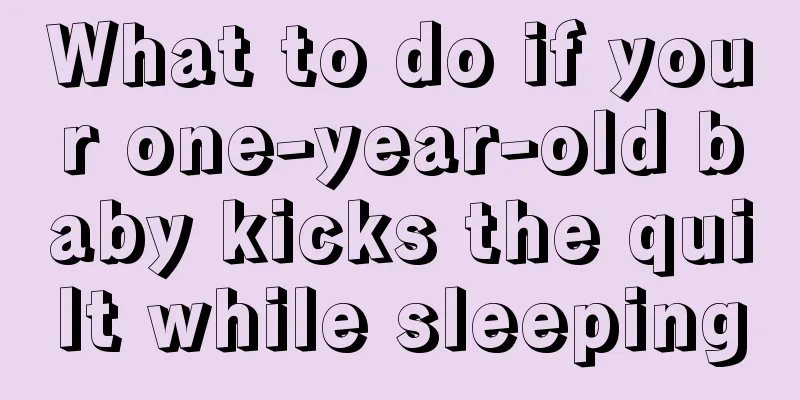The dangers of little girl's leg-clip syndrome

|
Parents always find that their little girls have leg-pinching syndrome, which is actually a normal physiological reaction. Parents must pay attention to the method when changing their baby's behavior. Don't yell at them, but use some diversion methods to help them improve the situation. Generally speaking, for girls who are not too serious, the situation will be alleviated after they reach a certain age. The legs-clamp syndrome is a form of masturbation (mostly applicable to women). Masturbation is commonly known as onanism, but masturbation does not necessarily require the use of hands. Using the method of clamping the legs or leaning on an object (such as bedding, arms, the other person's thighs, etc.) to rub the vulva can also produce sexual pleasure. Children develop this instinctive physiological reaction around 2 to 3 years old and it is less common after the age of 10; but once they inadvertently discover this reaction, some people will consciously begin masturbating. Women have received more conservative education since childhood. They have always believed that touching genitals is a low and obscene thing, so they feel guilty about masturbation. This pressure creates an inner conflict with the pursuit of pleasure from masturbation. In fact, it is autonomic nervous system dysfunction caused by anxiety. From a certain perspective, this "leg-closing" behavior of children is a form of masturbation, a generalized oppression of the external genitalia, but it is different from masturbation limited to the external genitalia (such as the vagina, penis, etc.) that occurs in adolescence and adulthood. This is because children can receive sexual information or stimulation from the outside world, but cannot realize and understand it deep in their hearts. Generally speaking, children's habit of squeezing their legs together will disappear when they reach a certain age or will be replaced by masturbation. If the above-mentioned adverse stimuli are eliminated, parents should help their children in real life. 1. Cultivate good habits of regular sleep and rest for children. Do not go to bed too early at night and do not stay in bed after waking up to reduce the chances of "leg clamping" in children. 2. Parents should also pay attention to creating a good family environment for their children and give them sufficient warmth and care. Usually encourage children to participate in more outdoor activities and try to reduce the time they play alone. 3. When parents find that their children are about to or are currently doing the "leg clamping" action, they can pretend nothing has happened and not notice it. They can pick up the child and take a walk, or give the child some toys or cartoons that are more attractive to the child to divert the child's attention. If the above methods still don’t work, you should go to the hospital to see a doctor in time. |
<<: What causes itchy head in children?
>>: Height at one year and seven months
Recommend
Can babies eat sesame paste? Please learn the correct way to eat
When the baby is a few months old, you can start ...
How to treat children’s spleen and stomach strengthening drugs?
Children are a vulnerable group, and their bodies...
What to do if your child vomits after eating
It is a common phenomenon for children to vomit w...
Why do kids always fart?
Farting is a normal physiological phenomenon that...
Baby scalp eczema treatment
Many parents will find a layer of eczema on their...
What are the symptoms of insufficient sleep time for primary school students?
Insufficient sleep time for primary school studen...
Can amblyopia be cured?
The most notable feature of amblyopia is the irre...
What to do if your child hates studying
Every parent hopes that their child can study har...
What is the reason for the yellow hair of children
Children are in a period of rapid growth, and the...
What are the symptoms of fever and convulsions in children?
Fever in children is quite common. If the fever i...
What should I do if my four-month-old baby doesn't grow hair?
If your baby doesn't grow hair for four month...
How to correct children's picky eating?
Partiality and picky eating are similar in meanin...
6-year-old child has small pimples on his face
A six-year-old child has small pimples on his fac...
What to do if your child suddenly has a fever at night
It is common for children to have a headache or f...
How do babies become good and not picky eaters?
Many parents are worried about their babies being...









